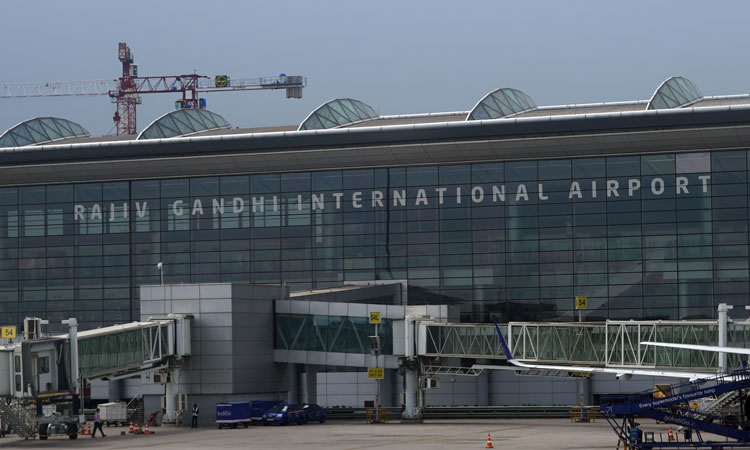
The aviation industry has witnessed remarkable growth in recent decades, leading to a surge in air travel demand. Consequently, many airports around the world are grappling with the need for expansion and modernization to accommodate the increasing passenger and cargo traffic. Airport expansion projects present a multitude of engineering challenges that must be addressed to ensure safe, efficient and sustainable operations. These challenges span various domains, including infrastructure design, environmental impact mitigation and operational considerations.
Challenge 1: Balancing Capacity with Environmental Impact
Expanding an airport often necessitates land acquisition, potentially impacting ecosystems and raising concerns about noise and air pollution. Today's airport engineers must be adept at sustainable design principles. This includes integrating green spaces, utilizing energy-efficient construction materials and implementing noise mitigation strategies. Advanced runway surface treatments can reduce aircraft tire noise, while strategically placed noise barriers can deflect sound away from populated areas. Additionally, exploring alternative energy sources like solar power and biofuels can minimize the airport's carbon footprint.
Challenge 2: Optimizing Existing Infrastructure
Expanding an airport isn't just about building new; it's about seamlessly integrating the new with the existing. This requires a deep understanding of the existing infrastructure's capacity and limitations. Runway capacity can often be enhanced through strategic redesign, such as implementing new taxiway systems to improve traffic flow. Terminal expansions necessitate meticulous planning to ensure smooth passenger movement and efficient baggage handling systems. Advanced modeling software allows engineers to simulate passenger flow and optimize terminal layouts for minimal congestion and maximum efficiency.
Challenge 3: Taking up Technological Advancements
The modern airport landscape is rapidly evolving alongside technological advancements. Airport engineers must be at the forefront, integrating these advancements into expansion projects. This could involve incorporating biometric identification systems for faster passenger processing, automated baggage handling systems for improved efficiency and self-service kiosks to reduce reliance on staff. Additionally, exploring the potential of electric Vertical Take-Off and Landing (eVTOL) aircraft may necessitate dedicated infrastructure considerations in future expansions.
Challenge 4: Minimizing Operational Disruption
Airport expansions must be meticulously planned to minimize disruptions to ongoing operations. This requires close collaboration with airlines, air traffic control and ground handling service providers. Phasing construction projects strategically and utilizing innovative construction techniques like prefabrication can significantly reduce overall downtime. Advanced communication plans are essential to keep stakeholders informed and minimize passenger inconvenience.
Challenge 5: Addressing Security Concerns
The ever-evolving landscape of security threats demands constant vigilance in airport design. Airport expansions present an opportunity to incorporate the latest security technologies. This could involve advanced perimeter security systems, biometric screening at access points and sophisticated explosives detection systems. However, integrating these advancements must be done thoughtfully, ensuring a balance between robust security and passenger experience.
Airport engineering service providers serve as a vital partner in overcoming the complexities of modern airport expansions. Their expertise spans across the various challenge areas, offering a comprehensive approach to project planning and execution.
These service providers can guide the development of sustainable expansion plans that minimize environmental impact while optimizing existing infrastructure. They leverage advanced modeling software to design efficient terminal layouts and integrate cutting-edge technologies like biometrics and automation. Furthermore, they ensure minimal operational disruption through meticulous phasing and communication strategies. Their experience in incorporating the latest security technologies safeguards passenger safety without compromising the overall airport experience. By collaborating with airport engineering service providers, airport authorities can navigate the headwinds of expansion and deliver world-class facilities that meet the demands of the future.
GEMS (GMR Engineering and Management Services) is a renowned provider of comprehensive airport engineering services, renowned for its expertise and commitment to excellence. With decades of experience in delivering technological supremacy and executing the most demanding projects, GEMS has established itself as a trusted partner for airport authorities and stakeholders worldwide.
If you need any services, drop us a mail at Rohitkumar.Singh@gmrgroup.in or get in touch with us at +919717199753.